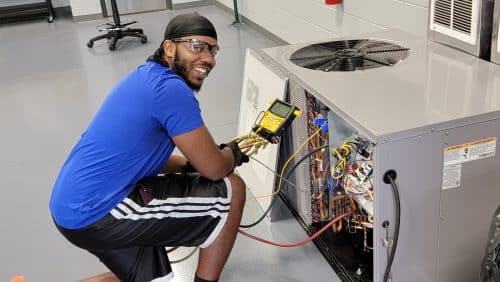
Policies and Procedures
West Georgia Technical College Policies and Procedures
West Georgia Technical College (WGTC), a member of the Technical College System of Georgia (TCSG), operates under the guidance of and adheres to all State Board of the Technical College System of Georgia (SBTCSG) policies and procedures. WGTC’s local policies and procedures are constructed in accordance with SBTCSG policies and procedures to support the method of the college’s day-to-day operations.
The complete State Board and TCSG Policies and Procedures Manual may be accessed at TCSG Policies and Procedures Manual.






